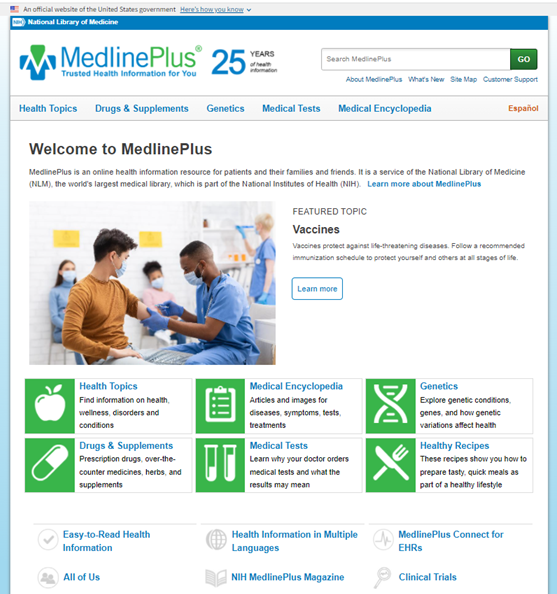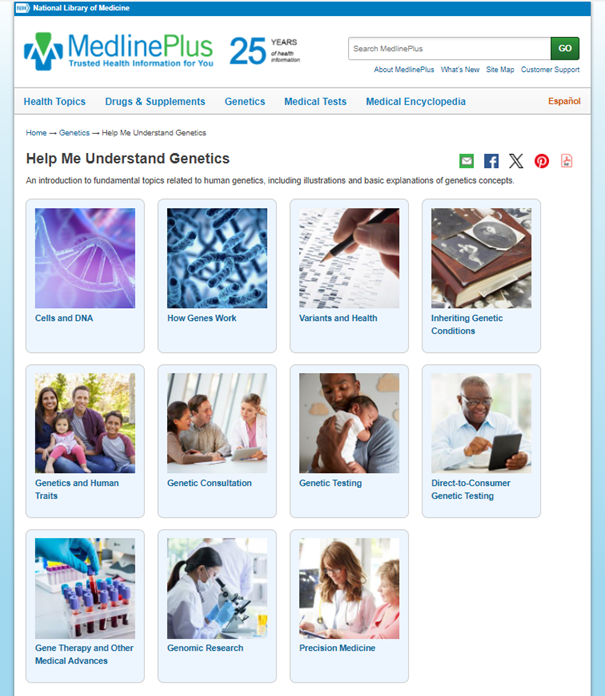The NIH All of Us Research Program is “part of an effort to advance individualized health care by enrolling one million or more participants to contribute their health data over many years”.
All of Us data is derived from various sources, including surveys, shared electronic health records, and much more. This collected data is housed in the All of Us Research Hub, which uses a tiered-data access model that includes a Public Tier dataset that “displays high-level summaries of the data available for research. Through the Data Browser, one can explore anonymized, aggregated participant data and summary statistics.”
As Memorial Sloan Kettering Cancer Center is listed as registered Institution with a Data Use and Registration Agreement (DURA) in place, MSK researchers can proceed to register for an account if they wish to gain access the curated datasets beyond the Public Tier dataset.
Note: Authorized users of the All of Us data are expected to conduct research that follows and conforms to the All of Us Research Program data use policies.
The interactive, public Data Browser is a great place to learn about the type and quantity of data that All of Us collects so that interested researchers can start thinking about potential research questions that this data could help answer. Here’s a glimpse at what it looks like – from https://databrowser.researchallofus.org:

The Data Browser can be searched using keywords across all data types, or users can choose to click on the browsable tiles to explore a particular data type or source.
From: https://databrowser.researchallofus.org/survey/social-determinants-of-health

For example, the Social Determinants of Health tile will lead users to more specific information, including a view of the survey questions themselves, each presented with a link to “See Answers” that leads to a breakdown of the aggregated participant answers.

To learn more about the NIH All of Us Researcher Workbench and to get an idea of how other researchers are already using this data, please check out the following resources:
- New to the Researcher Workbench? Start Here! – User Support (researchallofus.org)
- Introduction to the Researcher Workbench – User Support (researchallofus.org)
- All of US Research Projects Directory
- All of US Publications
- User Support Hub (researchallofus.org)
…or Ask Us at the MSK Library!


 Through our relationship with Elsevier and early participation in trial testing of Scopus AI, MSK was selected from a small group of research institutions to pilot early versions of GenAI features in ScienceDirect.
Through our relationship with Elsevier and early participation in trial testing of Scopus AI, MSK was selected from a small group of research institutions to pilot early versions of GenAI features in ScienceDirect.